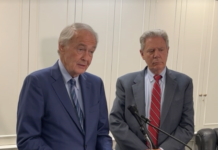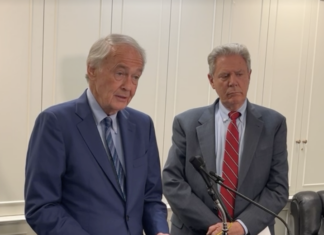I have spent a lifetime hearing about the events of 1915 and I can say that this is an anniversary whose commemoration I have both looked forward to and dreaded.
It is the ultimate round number, giving us an opportunity for an impressive commemoration as well as possibly marking the end of an era of remembrance.
The coverage of the events, as well as the community-wide cooperation among many Armenian groups, has been heartening. Many international leaders, including Pope Francis, have stepped up and put the focus of the world, not just the Armenian diaspora and the Republic of Armenia, on the centennial commemoration of the Armenian Genocide.
Major publications, such as the Washington Post and New York Times, have come out with more affirmative editorials than ever before on the subject and the importance of its proper labeling and commemoration.
In this year of positive developments, even reality stars such as the Kardashian family was able to bring dignity and recognition not only to the Armenian Genocide, but the country of Armenia, as a fun and vital destination. Of course, Armenia and our hard-won Artsakh face danger every day and it is our duty to make sure that the Azeri government does not weaken them by constant aggression and a blockade that weakens its economy.









